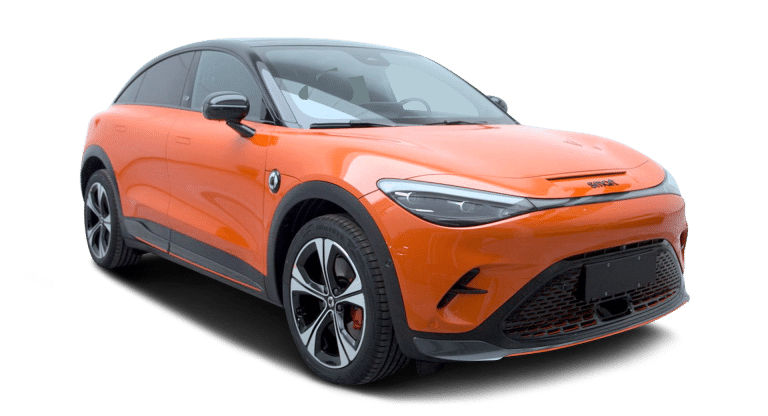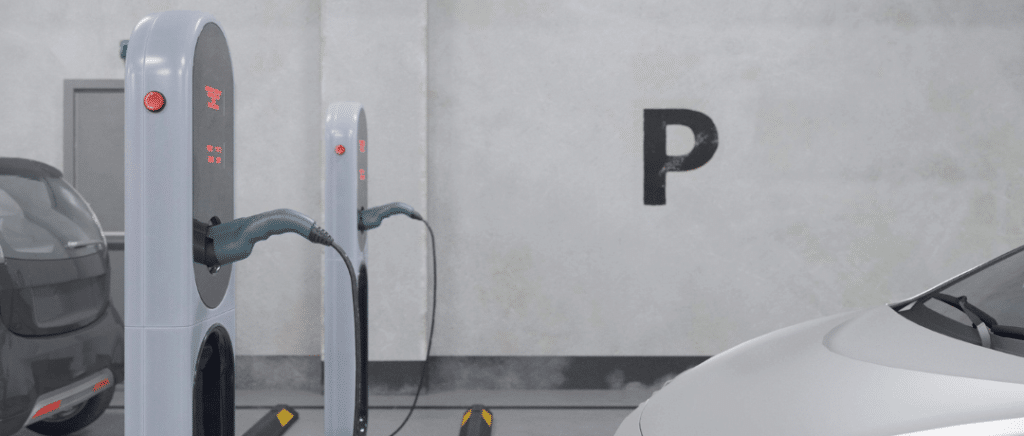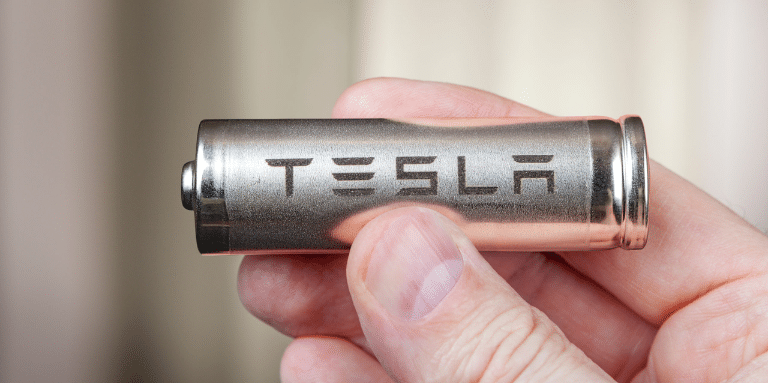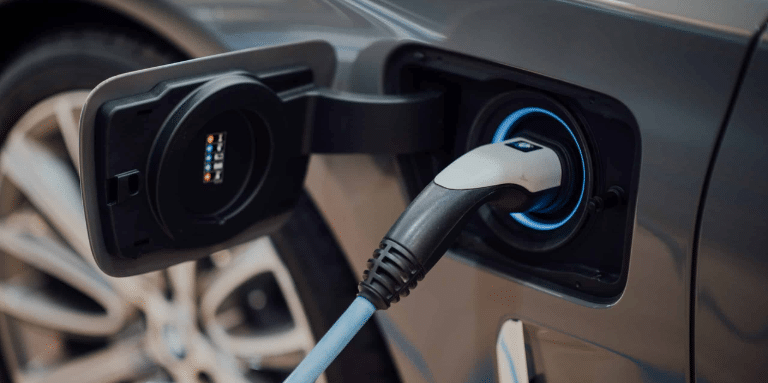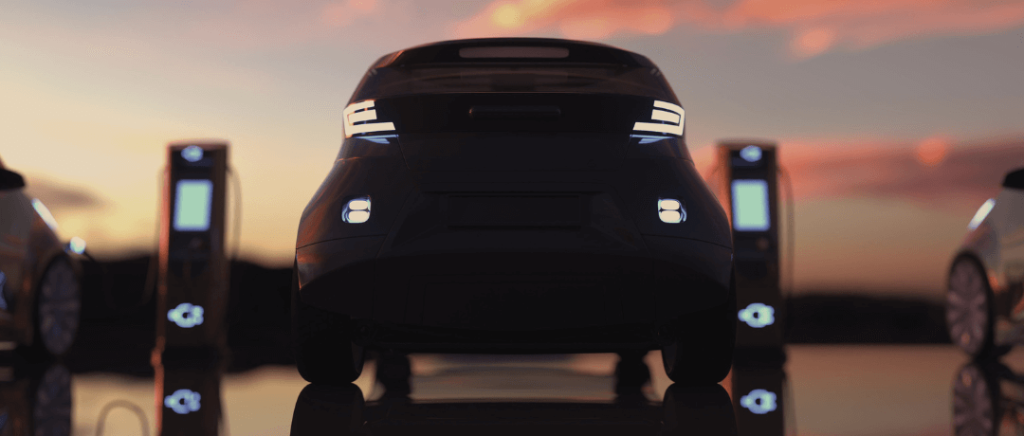Focus on charging infrastructure in France
In France, the development of charging infrastructures for electric vehicles is a government priority. Let's take a closer look at the IRVE panorama and developments over the past year.
The current state in a few figures
France ranks 3ᵉ ahead of Germany and behind the Netherlands in terms of public charging points, with a total of 109,856 nationwide (an average of 163 points per 100,000 inhabitants). More recently, last November, the total number of charging points had risen again, to 114,385 nationwide. This growth also takes into account the network of fast-charging stations (with 14,500 installations). All this confirms our commitment to a robust and accessible IRVE. The results for 2023 therefore demonstrate real progress in the development of recharging infrastructures in France.
What progress has been made in 2023?
The year 2023 was marked by a significant rise (+52.4%) in in registrations compared to 2022 (192,438). The Tesla Model Y, Tesla Model 3 and Peugeot e-208 are among the three electric vehicles this year. This growing interest in mobility raises the question of the recharging network: how can we provide a complete and diversified recharging infrastructure to anticipate the needs of electric mobility? electric mobility?
Also read → Top 5 best-selling electric vehicles in 2023
What are the major challenges for 2024?
In 2024, France faces a number of major challenges for the development of electric vehicle charging infrastructures (IRVE). These challenges are essential to the success of the transition to more sustainable mobility.
Coping with rising demand
Growth in the number of electric vehicles expected
Electric and hybrid vehicles account for 40% of purchase intentions between now and the end of 2023. Since 2020, electric cars have grown by leaps and bounds, from 185,499 in 2020 to 459,212 in 2022.
The need to extend charging infrastructures
It's important to speed up the development of charging infrastructures, as the automotive sector has set itself the target of increasing vehicle sales fivefold by the end of 2024. We need to keep pace with this rapid market growth.
What are the technological challenges?
Improve recharge speed
Recharging speed is one of the main selling points for buyers of electric vehicles. Manufacturers such as Volkswagen or Hyundai have understood this and are working relentlessly to optimize recharging times. Some electric vehicles, such as the Renault Megane e-Tech can be recharged in less than 30 minutes.
Integrating new technologies
Wireless charging is one of the new technologies to be expected in 2024 and beyond. Little information is available yet, but this innovation promises to improve user experience and accessibility.
Also read → Fast induction charging for electric cars
What about ecological and energy issues?
Clean energy needed for charging stations
The year 2024 marks a turning point for France's energy giant, the Commission de Régulation de l'Énergie. It's about to revolutionize the market, with a particular focus on the renewal of eco-responsible energy sources, especially for electric charging points. Their new strategy is to offer a series of financial incentives to make green energy more accessible and ultra-competitive.
They are made up of two financial mechanisms, one dedicated to to electric renewable energies with two methods of support:
- the open window: enabling any eligible facility to receive financial assistance,
- competitive bidding procedures: enabling the winners of a call for tenders to receive financial support.
The second mechanism relates to support for renewable gas and concerns methanization and non-hazardous waste storage facilities, which can benefit from a 15-year purchase contract.
Energy demand management
The French Energy Regulatory Commission launched a program in 2010 to develop smart grids (smart energy grids) in which it promises to multiply actions for smarter energy use. It also aims to increase the adoption of renewable energies. Its role is therefore fundamental in encouraging more thoughtful consumption. So 2024 promises to be a pivotal year for solar power in the world of green energy.
These challenges are at the heart of the coming year, the key to a greener future and cleaner travel. It's an ambitious project that will open huge doors for France, whether in terms of electric cars or changes in the way we consume energy.
Promising solutions and initiatives
What public policies are planned?
Government plans and incentives for infrastructure development
With France Relance project project, the French government has put a handsome 100 million euro budget on the table. The aim? To transform every freeway rest area into an express recharging point for electric cars by the end of 2024. This is the main objective of the action plan for the development of charging infrastructures on busy roads. This will make electric car travel more pleasant and straightforward, even for long-distance journeys. In the end, everyone will be able to travel more easily throughout France, without having to worry about their batteries, thanks to more accessible recharging stations.
Examples of regulations or subsidies
Following the publication of decree no. 2021-153 of February 12, 2021each service area on freeways under concession must be equipped with charging facilities for electric cars. Each of these facilities must offer a minimum of four fast-charging sites. In terms of financing, these stations are eligible for ADVENIR aid assistance ranging from 10% to 40% of installation costs, depending on the nature of the station. In addition, these subsidies can be combined with funds earmarked for connecting the equipment to the electricity grid.
Innovative companies
Innovation projects from terminal manufacturers and energy suppliers
The field of electric charging stations is attracting considerable financial interest, even in the absence of quick profits. To illustrate, Driveco has succeeded in raising 250 million euros, Electra raised 160 million eurosand NW Storm raised 300 million euros.. These considerable sums reflect the growing appeal of the electric charging infrastructure sector.
Partnerships between business and government
The DGE (Direction générale des Entreprises) recently published a guide to the IRVE market. This guide is designed to support public and private developers by informing them of best practices for securing their investments and enabling them to provide quality charging infrastructure to users. The guide also highlights the importance of using a French and European supply chain to produce charging stations.
All these initiatives between public and private players demonstrate the shared aim of providing a sustainable solution to tomorrow's needs and challenges in terms of charging infrastructures for greener mobility.
Also read → What are the details of the ADVENIR bonus?
What are the future prospects and their potential impact on charging infrastructures?
Artificial intelligence in connected vehicles
This innovation not only enables better management of groups of electric cars, but also makes them more energy-efficient. In the long term, artificial intelligence will enable charging stations to be used and installed more efficiently.
Also read → What future for artificial intelligence in the clean car?
Transition to renewable energies
The growing use of renewable energies in the electricity grid has become commonplace in recent years, especially with the emergence of intelligent electric vehicles, such as the V2G model. This trend towards a cleaner future will also mean a greater need for charging stations that can accommodate these new forms of energy.
Developments in batteries and related technologies
Improving the performance of solid-state batteries will make it possible to extend the life of electric vehicles while optimizing their charging time. Of course, this advance will also require a considerable amount of recharging infrastructure.
Also read → The 10 innovations that promise to revolutionize the electric car
The importance of adaptability and long-term planning
The growing popularity of electric cars will require between 1,500,000 and 2 million by 2025 to accommodate them all. By 2030, this figure will rise to almost 3 million. Several actions are important:
- implement a precise plan to meet future needs,
- emerging technologies (wireless charging, public network unification),
- integrate renewable energies.
Conclusion
To keep pace with this electric car trend, France needs to develop a solid recharging infrastructure to make it as accessible as possible. This will be made possible by government and private enterprise working together to enable sustainable, efficient transport for the future, when electric vehicles will be more commonplace.
